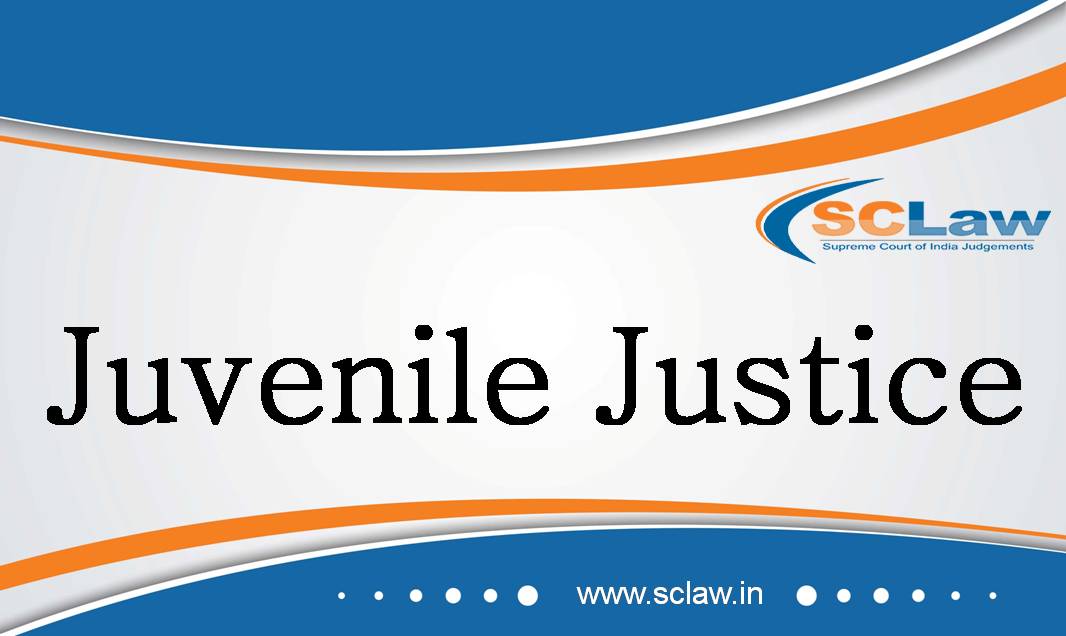Constitution of India, 1950 – Article 19(1)(g) – Right to establish an educational institution is a fundamental right under Article 19(1)(g) of the Constitution of India and reasonable restrictions on such a right can be imposed only by a law and not by an executive instruction – the validity of such instructionscan always be scrutinized on the touchstone of law.
SUPREME COURT OF INDIA DIVISON BENCH PHARMACY COUNCIL OF INDIA — Appellant Vs. RAJEEV COLLEGE OF PHARMACY AND OTHERS — Respondent ( Before : B.R. Gavai and Pamidighantam Sri Narasimha,…









